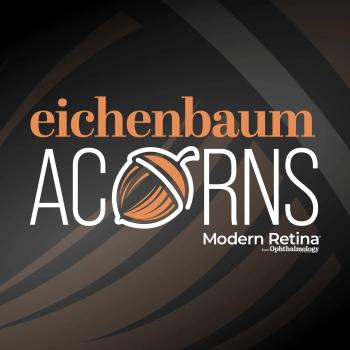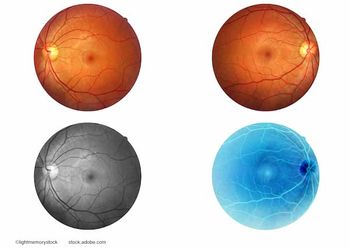
COPHy 2024: Facing down the controversies in ophthalmology
Day 2 program of the 2024 COPHy conference.
The 2-day run of the 2024 15th annual Controversies in Ophthalmology Congress (COPHy) is scheduled for March 15 and 16 in Athens at the Divani Caravel Hotel, 2 Vassileos Alexandrou Ave., Athens.
In defining this Congress, co-chairs Anat Loewenstein, MD, and Barry Kuppermann, MD, said in their welcome letter to ophthalmologists. “Leading world experts will present 2 opposing approaches to controversial issues. Each topic presented will be followed by a live discussion of ophthalmologists experienced in the area being discussed.”
With time built in for speaker-audience discussion, the Congress aims at reaching up-to-date recommendations to ongoing debates even when data remain limited, through evidence-based medicine, including expert opinion.
Clinicians can register for the Congress using the link:
COPHy VOD
Clinicians are reminded that they can make the most of this busy meeting by using the ComtecMed VOD platform. This is an innovation available to give Congress attendees unparalleled access to all lectures and debates, some of which may be taking place at the same time. Accessing the VOD platform will allow physicians to catch up on or recap program highlights by facilitating the viewing view pre-recorded lectures and/or sessions at the view’s convenience.
CoPHY VOD can be launched on the Congress home page: https://cophy.comtecmed.com/
March 16: Day 2 program
Saturday’s agenda includes the following topics. Clinicians can refer to the program for the times of the debates. All times are expressed in Eastern European Time.
MEDICAL RETINA 2: Diabetic Macular Edema (DME) and Proliferative Diabetic Retinopathy
- Debate 1: Oral drugs have the potential to be beneficial for halting the progression of NPDR
- Debate 2: Are regular anti-VEGF injections beneficial for long term management of diabetic retinopathy?
- Debate 3: Is high-dose anti-VEGF monotherapy superior to regular dose anti-VEGF monotherapy for DME
NEURO-OPHTHALMOLOGY 1: The Afferent Pathway
- Debate 1: Should all elderly patients with acute visual loss go to the ER for stroke evaluation and treatment?
- Debate 2: Patients with visual snow syndrome should undergo work up and treatment?
- Case Presentations
MEDICAL RETINA 3: AMD and Hereditary Retinal Degeneration Topics
- Debate 1: Complement inhibition is generally recommended for patients with geographic atrophy
- Debate 2: Gene therapy is the new era of treating retinal diseases
- Debate 3: Biosimilars are equivalent to established Anti-VEGF agents to treat neovascular AMD
UVEITIS 1
- Debate 1: Multifocal lenses in uveitic cataract
- Debate 2: The use of biosimilar drugs in uveitis
- Debate 3: OCT-Angiography is a must-have tool for the management of white dot syndromes
SURGICAL RETINA 2: Controversies in the Utilization of Cutting Edge Vitreoretinal Surgical Technology
- Debate 1: The use of the heads up, digital imaging operating microscope, has led to significant visual and anatomic improvement in surgical outcomes
- Debate 2: Surgical intraoperative OCT is essential for best anatomic outcomes in macular surgery
- Debate 3: The use of intravitreal methotrexate in the management of RD with significant PVR leads to better anatomic and visual outcomes
NEURO-OPHTHALMOLOGY 2: The Efferent Pathway
- Debate 1: Should all patients with myasthenia gravis be offered thymectomy?
- Debate 2: Should all patients with idiopathic intracranial hypertension have an LP?
- Case Presentations
MEDICAL RETINA 4: New Treatment Strategies
- Debate 1: The role of biosimilars will remain important even with many new non-biosimilar drug options becoming available
- Debate 2: Genetic treatment has the potential to change the outcome of AMD patients
- Debate 3: Are OCT parameters better than visual acuity in determining the benefit of new dry AMD agents?
UVEITIS 2
- Debate 1: Prophylactic laser photocoagulation and vitrectomy for ARN
- Debate 2: Topical prostaglandins can be given in eyes with uveitis
- Debate 3: Glaucoma tube shunts are better than trabeculectomy for uveiticglaucoma
Newsletter
Keep your retina practice on the forefront—subscribe for expert analysis and emerging trends in retinal disease management.














































